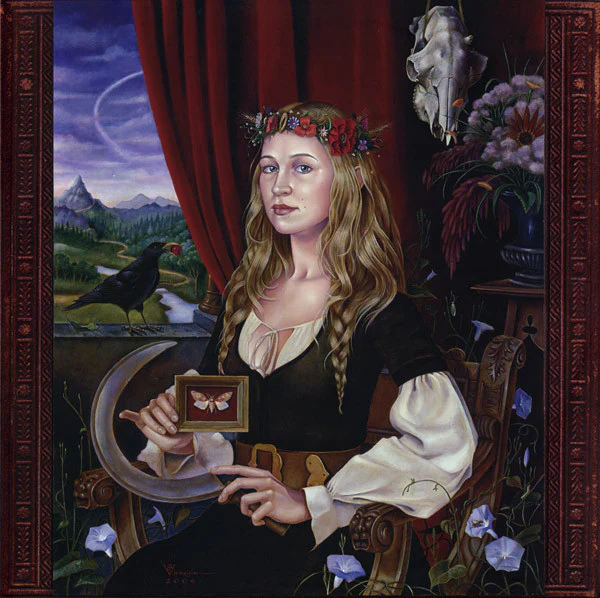I’ve never felt very confident as a singer. I’ve always felt like I’ve had sort of a weird voice. Hearing her first record The Milk-Eyed Mender for the first time made me feel like you could be a compelling singer with a weird voice. I love her voice. More than anything I wanted to be a songwriter, but I felt like I didn’t have the voice for it. Musicians like her and Kimya Dawson had these very singular voices that were great for me. I loved their songwriting and the character in it and sort of gave me the courage to be a singer without sounding like Aretha Franklin or something.
She’s such an exceptional writer and a singular musician. Ys is such a true artistic statement that wasn’t trying to replicate anything that is going to be popular. There are no real hooks. There are no repeating sections. It’s extremely verbose and at times cryptic what the songs are about. And that’s honestly what I felt I deserved to get to do for my fourth album [For Melancholy Brunettes (& Sad Women)]. And that’s what I wanted to do. I wanted to do something for me that was maybe a little bit more difficult to understand, that wasn’t so obviously catchy or didn’t have any repeating sections but were about stories and had great depth. And that to me is what Ys is.



